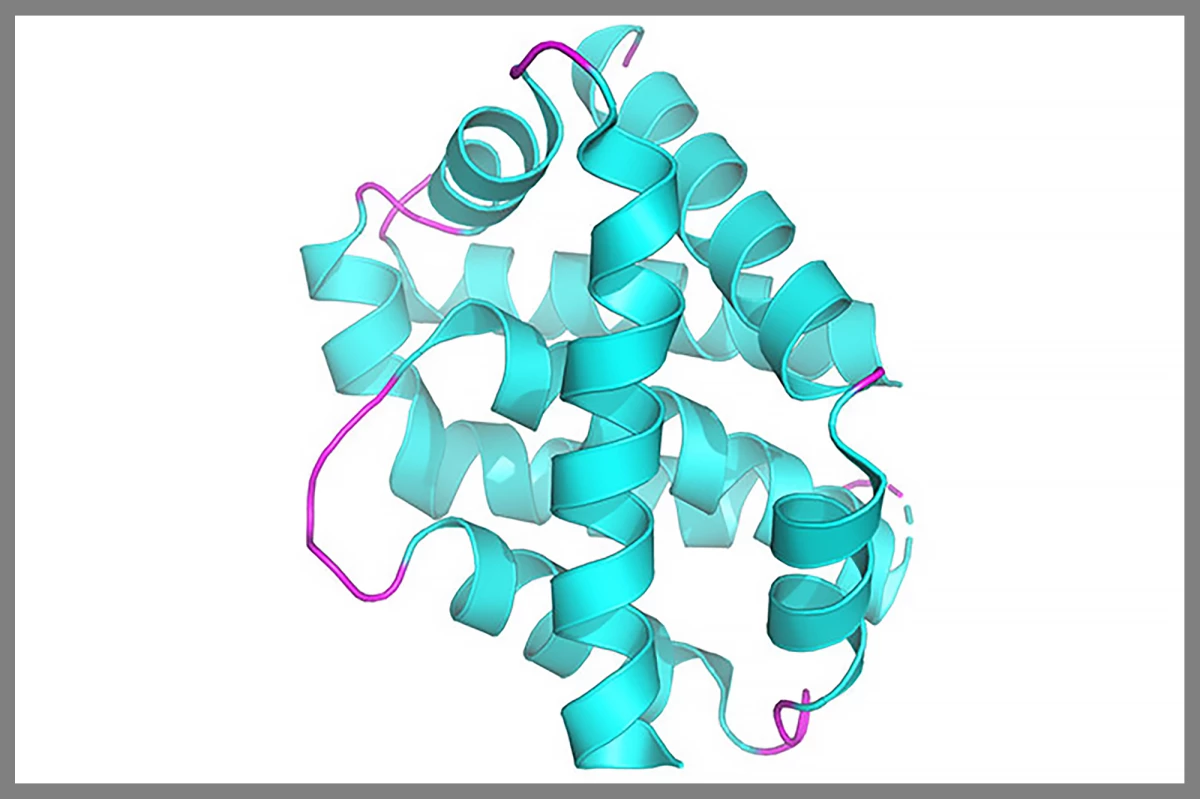Discovery of a Resilience-Boosting Molecule May Help Slow the Progression of Parkinson’s Disease

Depositphotos
A new study has uncovered a method to prevent cell death, potentially paving the way for treatments that could slow the progression of neurodegenerative diseases such as Parkinson’s.
Apoptosis, the body’s ancient “cell suicide” mechanism, is controlled by interactions within the BCL-2 protein family. While some of these proteins support cell survival, others initiate cell death. Researchers have leveraged the death-triggering functions of certain BCL-2 proteins to develop treatments for specific blood cancers.
Australian Researchers Discover Method to Halt Cell Death, Offering Hope for Parkinson’s Treatment
However, in a new study led by the Walter and Eliza Hall Institute of Medical Research (WEHI) in Melbourne, Australia, researchers have found a way to prevent cell death by targeting a specific protein—potentially paving the way for treatments that could halt the progression of neurodegenerative diseases like Parkinson’s.
“There are currently no therapies that stop neuron loss to slow Parkinson’s progression,” said Professor Grant Dewson, co-lead author of the study and director of WEHI’s Parkinson’s Disease Research Center. “A drug that could achieve this would be truly transformative.”
Key BCL-2 Proteins BAK and BAX Linked to Cell Death and Degenerative Disease When Dysfunctional
However, the proteins BAK (B cell lymphoma 2 antagonist/killer) and BAX (B cell lymphoma 2-associated X protein), both part of the BCL-2 family, are known to trigger cell death by breaching the mitochondrial membrane, the energy center of the cell. Malfunctioning of BAK and BAX can disrupt apoptosis, potentially contributing to autoimmune and neurodegenerative diseases.

WEHI
Researchers Screen Over 100,000 Compounds to Identify Molecule That Blocks Key Cell-Death Protein
To pursue this breakthrough, the researchers utilized the ultra-high throughput screening capabilities of the WEHI-based National Drug Discovery Center, analyzing 106,572 compounds to find one that could block the cell-death protein BAX.
“We were excited to discover a small molecule that binds to and inhibits BAX, a protein responsible for triggering cell death,” said Professor Guillaume Lessene, co-corresponding author and Head of WEHI’s New Medicine and Diagnostics division. “While BAX isn’t the only player in most cells, in neurons, blocking it alone might be enough to reduce cell loss.”
Small molecules—low molecular weight organic compounds—are commonly used in drug development because they can easily enter cells and interact with internal proteins. The molecule identified by the team, dubbed WEHI-3773, was found to prevent BAX from damaging the mitochondria, thereby stopping the cell from dying.
To conclude, “This is the first time we’ve successfully used a molecule to keep BAX away from mitochondria and preserve cell survival,” said Kaiming Li, PhD student and lead author of the study in Dewson’s lab. “It opens the door to developing next-generation inhibitors of cell death to fight neurodegenerative diseases.”
Read the original article on: New Atlas
Read more: A Recently Discovered Molecule Boosts White Blood Cell Levels to Combat Infections










